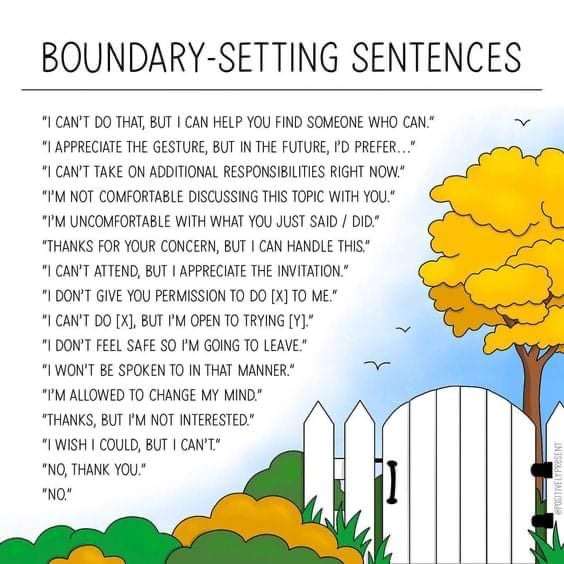Regression is a defense mechanism that awakens when survivors face anxiety-filled events that cause them to retreat to a childhood state. In regression, full-grown adults flashback back to their emotions as children and feel abandoned, abused, and helpless or overwhelming emotions of fear, rage, shame, depression, and grief that trigger a strong fight/flight/freeze response.
According to Pete Walker, survivors experiencing emotional flashbacks are overwhelmed with emotions they cannot understand or recognize with events they may or may not remember or connect these emotions to.
-
Say to yourself: "I am having a flashback." Flashbacks take us into a timeless part of the psyche that feels as helpless, hopeless and surrounded by danger as we were in childhood. The feelings and sensations you are experiencing are past memories that cannot hurt you now.
-
Remind yourself: "I feel afraid but I am not in danger! I am safe now, here in the present." Remember you are now in the safety of the present, far from the danger of the past.
-
Own your right/need to have boundaries. Remind yourself that you do not have to allow anyone to mistreat you; you are free to leave dangerous situations and protest unfair behavior.
-
Speak reassuringly to your Inner Child. The child needs to know that you love her unconditionally—that she can come to you for comfort and protection when she feels lost and scared.
-
Deconstruct eternity thinking. In childhood, fear and abandonment felt endless—a safer future was unimaginable. Remember the flashback will pass as it has many times before.
-
Remind yourself that you are in an adult body with allies, skills and resources to protect you that you never had as a child. (Feeling small and little is a sure sign of a flashback.)
-
Ease back into your body. Fear launches us into "heady" worrying, or numbing and spacing out.
[a] Gently ask your body to Relax: feel each of your major muscle groups and softly encourage them to relax. (Tightened musculature sends unnecessary danger signals to the brain)
[b] Breathe deeply and slowly. (Holding the breath also signals danger).
[c] Slow down: rushing presses the psyche's panic button.
[d] Find a safe place to unwind and soothe yourself: wrap yourself in a blanket, hold a stuffed animal, lie down in a closet or a bath, take a nap.
[e] Feel the fear in your body without reacting to it. Fear is just an energy in your body that cannot hurt you if you do not run from it or react self-destructively to it.
-
Resist the Inner Critic's catastrophizing.
-
Allow yourself to grieve. Flashbacks are opportunities to release old, unexpressed feelings of fear, hurt, and abandonment, and to validate—and then soothe—the child's past experience of helplessness and hopelessness. Healthy grieving can turn our tears into self-compassion and our anger into self-protection.
-
Cultivate safe relationships and seek support. Take time alone when you need it, but don't let shame isolate you. Feeling shame doesn't mean you are shameful. Educate those close to you about flashbacks and ask them to help you talk and feel your way through them.
-
Learn to identify the types of triggers that lead to flashbacks. Avoid unsafe people, places, activities and triggering mental processes. Practice preventive maintenance with these steps when triggering situations are unavoidable.
-
Figure out what you are flashing back to. Flashbacks are opportunities to discover, validate and heal our wounds from past abuse and abandonment. They also point to our still-unmet developmental needs and can provide motivation to get them met.
-
Be patient with a slow recovery process. It takes time in the present to become un-adrenalized, and considerable time in the future to gradually decrease the intensity, duration and frequency of flashbacks. Real recovery is a gradual process—often two steps forward, one step back. Don't beat yourself up for having a flashback.



